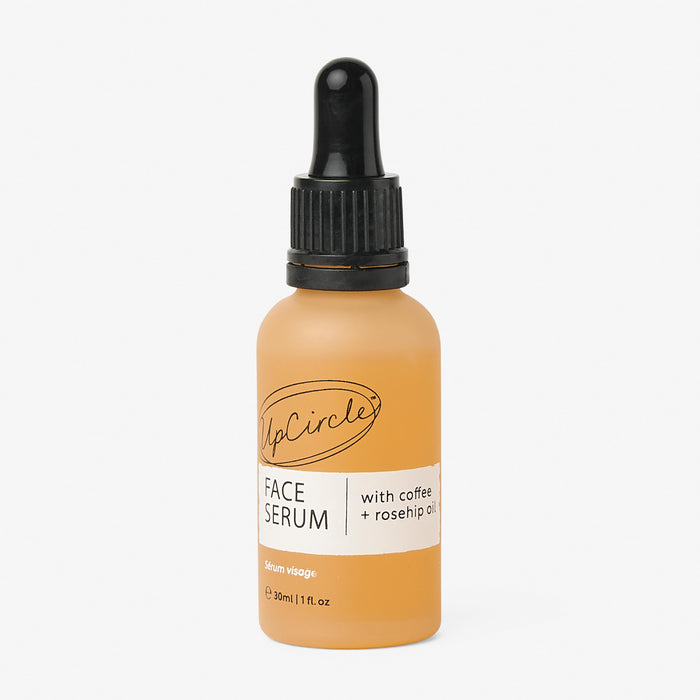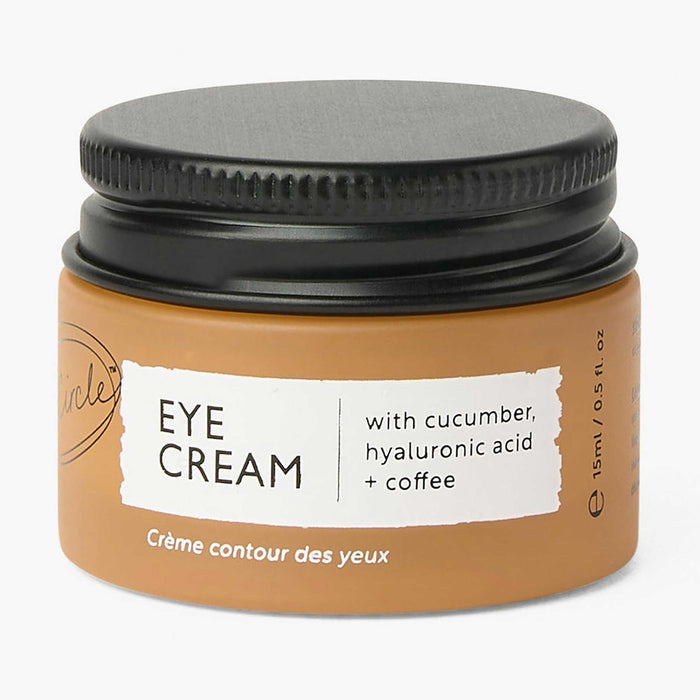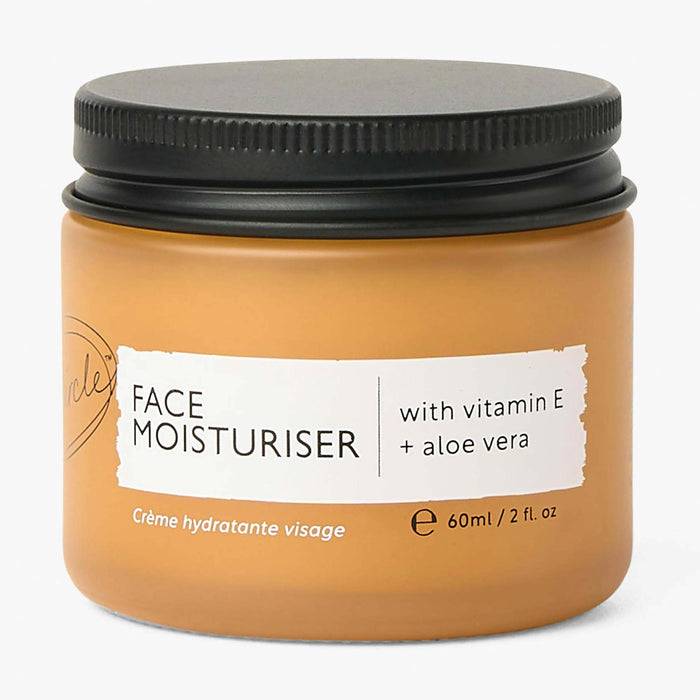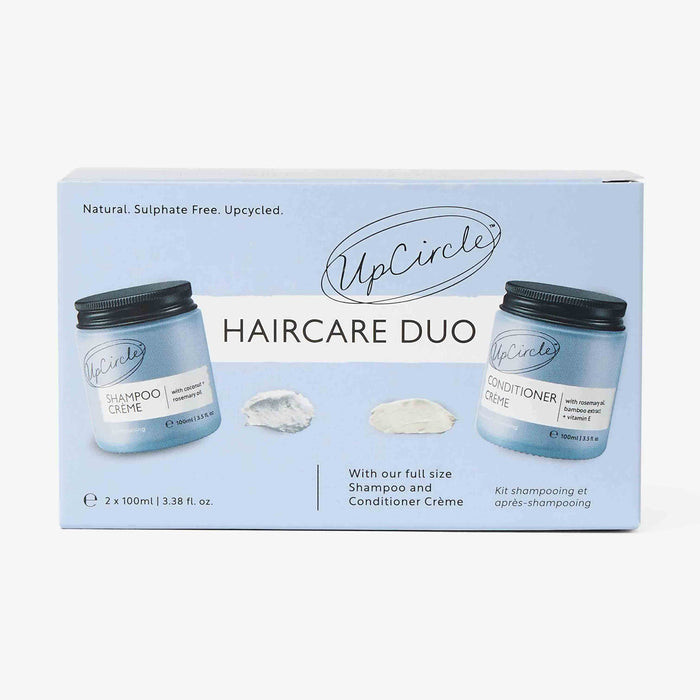The types of products you use on your skin are important, as is the order you use them in. But that’s not all – the way in which your skincare products are formulated matters more than you might think.
We’re talking about all things skin in this blog, but we want to start by reminding you that your skin is more than how it looks. Embracing skin neutrality, we like to recognise and celebrate our skin for the essential functions it performs, rather than judge it for the way it appears.
What does non comedogenic mean?
In the simplest terms, non comedogenic means that the product doesn’t have the potential to clog your pores. Clogged pores trap bacteria, dead skin cells, oil and dirt – often leading to skin concerns such as acne, blackheads, pustules and papules.
A comedo is the technical term for a clogged pore – with the plural being comedones – and these can be open or closed. Open comedones are blackheads, whereas closed comedones are whiteheads – both occurring with or without acne.
Non comedogenic is a label most often applied to cosmetics like skincare and makeup. A product’s comedogenicity is important to take note of for consumers as repeated use of comedogenic ingredients can lead to uncomfortable breakouts. Non-comedogenic products are light enough to allow the skin to breathe, helping to reduce the risk of breakouts.
Non comedogenic ingredients to look out for
Some of the common skincare ingredients used in non comedogenic products include:
1. Niacinamide
A true fan-favourite skincare ingredient, niacinamide is the scientific name for vitamin B3.
An essential nutrient for your skin, B3 helps to nourish the complexion, build proteins in the skin, and prevent uncomfortable dryness. Vitamin B3 is wonderful as a skincare vitamin, so it makes sense to deliver it directly to the place it’s needed – the skin.
Pores tend to look larger when they are filled with dead skin, dirt, and oil. That’s where niacinamide can help, with its ability to reduce the production of sebum in the skin helping to make pores appear smaller.
Product pick: Night Cream with Hyaluronic Acid + Niacinamide – Enriched with niacinamide to minimise pores, rich in pro-retinol to reduce signs of ageing, and formulated with upcycled blueberry to protect against blue light.
2. Aloe vera
This one isn’t just for the gardeners among us – aloe vera can be used to help improve your skin’s texture and condition. A medicinal plant, aloe vera is used in skincare formulations to help improve skin integrity.
Research confirms that aloe vera is known for its anti-inflammatory, skin protection, anti-bacterial, anti-viral, antiseptic, and wound healing properties – what’s not to love?
Product pick: Natural Body Cream with Aloe Vera + Cocoa Butter – Providing deep moisturisation, our body cream has a rich, lightweight formula for a non-greasy finish. This product is formulated with upcycled date seeds to reduce redness, soothing the most sensitive of skin.
3. Algae extract
Algae is the informal term that is often used to describe a large, diverse group of organisms ranging in both size and colour. Common types of algae used in skincare formulations include: red algae, blue algae, rainbow algae and snow algae.
Red algae – Rhodophyta – are one of the largest types of algae and include over 7,500 species. This type of algae shows both anti-inflammatory and antioxidant effects.
Blue algae, sometimes known as blue-green algae, doesn’t have the best reputation among the general public as it keeps people out of the sea and furry friends out of lakes and rivers. Spirulina is a biomass of blue-green algae that is safe to be consumed by people, and is often used as supplements or skincare ingredients.
4. Sunflower oil
A wonderful source of natural ceramides, sunflower oil – Helianthus Annuus – not only adds a huge hit of hydration, but also helps to repair the skin’s natural barrier. Containing the fatty acids linoleic acid and oleic acid, sunflower oil helps to hold together the skin cells and protect them from stressors in the environment such as free radicals which can damage the skin.
Rich in antioxidant vitamin E, non comedogenic sunflower oil in skincare can help to protect against free radical and UV damage to the skin. However, it’s important to remember that this is never a substitute for a Mineral SPF though – which it’s really important to wear daily, even in the cooler months.
Product pick: Eye Cream with Hyaluronic Acid and Coffee – Dermatologically approved, this eye cream boasts a range of skin-loving ingredients including: sunflower oil, shea butter, and salicylic acid.
5. Hemp seed oil
Obtained from the cold-pressed seeds of the cannabis sativa plant, hemp seed oil contains no more than trace amounts of cannabinoids – a class of biological compounds that bind to cannabinoid receptors. The most well known cannabinoids are tetrahydrocannabinol (THC) and cannabidiol (CBD) which are classed as phytocannabinoids.
Hemp seed oil works to support the skin’s natural barrier as it is high in linoleic acid (omega–6), a fatty acid that strengthens the skin barrier. It’s also high in several key skincare vitamins, such as the A, C and E vitamins.
Product pick: Lip Balm with Hemp Seed Oil + Shea Butter – Nourishing and hydrating, this non comedogenic lip balm is formulated with lip-loving ingredients that hydrate and plump. It’s also rich in fatty acids to strengthen the skin barrier and antioxidants to protect the skin against pollutants.
Comedogenicity FAQs
Does non comedogenic mean oil free?
While many non comedogenic products will be oil free, it isn’t a requirement. Non comedogenic products just need to avoid having the potential to clog pores, so lightweight oils can be included in these.
Is jojoba oil non comedogenic?
Yes, jojoba oil is considered to be non comedogenic. At UpCircle, we love using jojoba oil in our formulations as it is lightweight, moisturising and helps to repair the skin.
Discover our full range of cruelty-free, natural and vegan skincare at UpCircle.
Non comedogenic UpCircle products
Our totally non-comedogenic products include our luxurious Bath Salts and our award-winning Face Serum.
However, several of our products contain natural ingredients that when used alone could be comedogenic, but when used within in our formulation at specific dilutions are not.
Why dilution is important for comedogenicity
A product being non comedogenic relates to the propensity of certain ingredients to block pores which can be a particular issue for someone with very oily skin or acne. Whilst many natural ingredients if used on their own may be comedogenic (coconut or beeswax for example), when used in low dilution in a formula they may not have that same impact.
Other non-comedogenic UpCircle products therefore include: our gentle Cleansing Face Milk, sumptuous Lip Balm, non-greasy Body Oil, and SPF, which contain non-comedogenic sunflower oil to prevent breakouts.
A great example of why dilution of ingredients is important for comedogenicity is our Hand + Body Lotion. It does contain cocoa butter which can be considered comedogenic, but the dilution in the overall product means the product is still considered non comedogenic.
Discover our full collection of natural skincare, haircare and fragrance.










